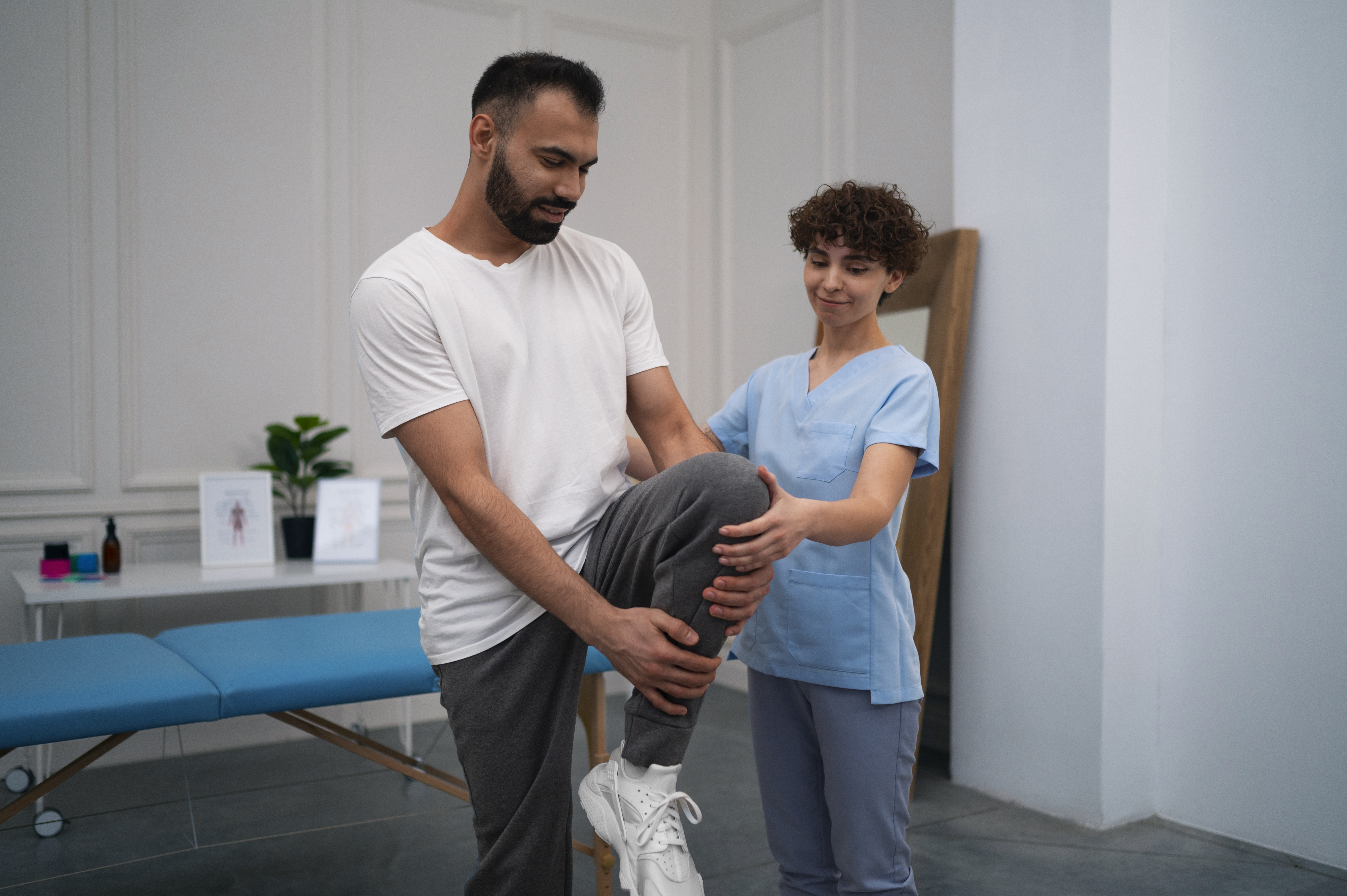Preparing for Discharge
Before leaving the hospital, it is important to have a clear discharge plan. This plan should include information about medications, follow-up appointments, and any necessary medical equipment. Communicating with healthcare providers to understand the recovery process and expected timeline is essential.
Managing Medications
Proper medication management is crucial for recovery. Ensure that you understand the dosage, timing, and potential side effects of any prescribed medications. Setting reminders and keeping a medication schedule can help avoid missed doses and ensure adherence to the treatment plan.
Physical Rehabilitation
Physical rehabilitation is often a key component of recovery. Engaging in prescribed physical therapy exercises can help regain strength, mobility, and function. It is important to follow the therapist's instructions and attend all scheduled therapy sessions to achieve the best outcomes.
Nutrition and Hydration
A balanced diet and proper hydration play a vital role in the healing process. Consuming nutritious meals that provide essential vitamins and minerals can boost the immune system and support tissue repair. Staying hydrated is equally important to maintain overall health and well-being.
Emotional Support
Emotional well-being is an integral part of recovery. Patients may experience feelings of anxiety, depression, or frustration during the recovery period. Seeking support from family, friends, or mental health professionals can help manage these emotions and provide a positive outlook on the recovery journey.
Home Modifications
Making necessary modifications to the home environment can enhance safety and ease the transition from hospital to home. This may include installing grab bars, arranging furniture for easy navigation, and ensuring that essential items are within reach. Creating a comfortable and supportive environment is key to a successful recovery.
